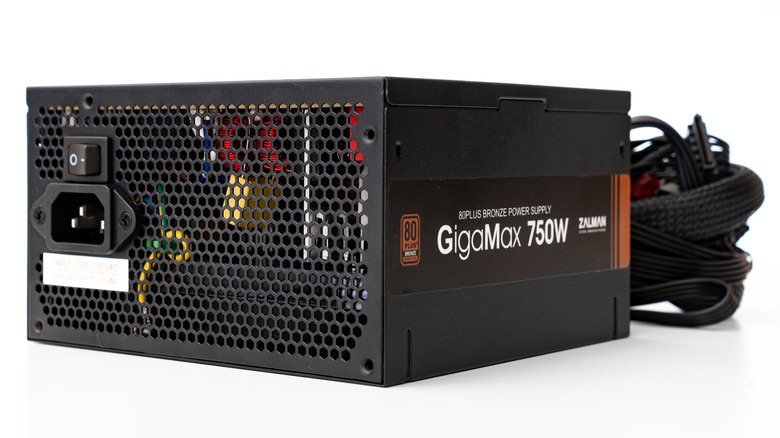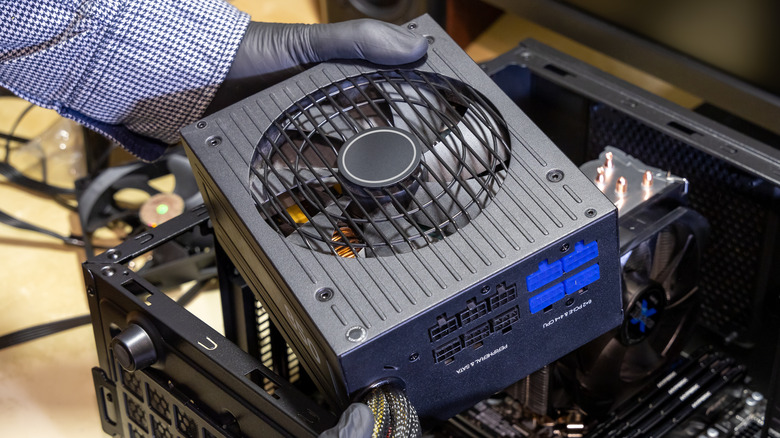What Do Power Supply Ratings Mean? (And Why They're Important)
All the little parts in our computers are important in their own ways, so, of course, one cannot overlook the power supply unit (also referred to as the PSU). It's arguably one of the most important components, in fact, since it sends juice throughout the rest of the system and is built to handle the occasional energy spike.
With so many different power supply brands it can be tricky to figure out what will suit your computer best — unless you're buying or using a pre-built system or a Mac, anyway. But even once you decide on a brand, there's still the matter of the rating number. What's the difference between "80Plus," 80Plus Bronze," and "80Plus Platinum," and how big a deal is it?
The short version is that 80Plus is pretty much the default for modern PSUs and signifies that the power supply converts a minimum of 80% of the AC power it draws into DC power and distributes that throughout the system, while the remaining 20% effectively going unused. The metallic gradient — Bronze, Silver, Gold, Platinum, Titanium — builds off of that 80%, with Bronze offering a bit more efficiency (like 82%) on up through Titanium (90% or more).
Why efficiency matters
A significant element of a PSU's efficiency rating is the difference between its rating value and 100%, because that's how much AC power is going unused. So, for example, a PSU with an 85% rating will effectively "waste" about 15% of what it's taking from the wall outlet. That 15% might not seem like a lot, and in a vacuum it isn't, but remember this is cumulative, with that energy essentially being vented as heat the entire time the PSU is in operation. Spending even a few hours on your computer, for work or for fun, will add up — never mind sitting at your computer practically all day, every day. There's a significant amount of paid energy that's being wasted.
On top of energy bill inefficiencies, unused power converted and dispersed as heat also has drawbacks. The less efficient the PSU, the more energy that's wasted. And the more energy that's wasted, the more cooling the PSU is going to need to keep functioning. That means more work from the cooling fan, which creates more ambient noise. The best way to get around all that wasted energy, heat, and noise is to either plan ahead or get a new PSU. Picking the right power supply does make a difference, and if you can find one that compliments your system's power requirements and has a solid efficiency rating (somewhere in the 90% range, maybe) it'll make a difference, especially over time.

